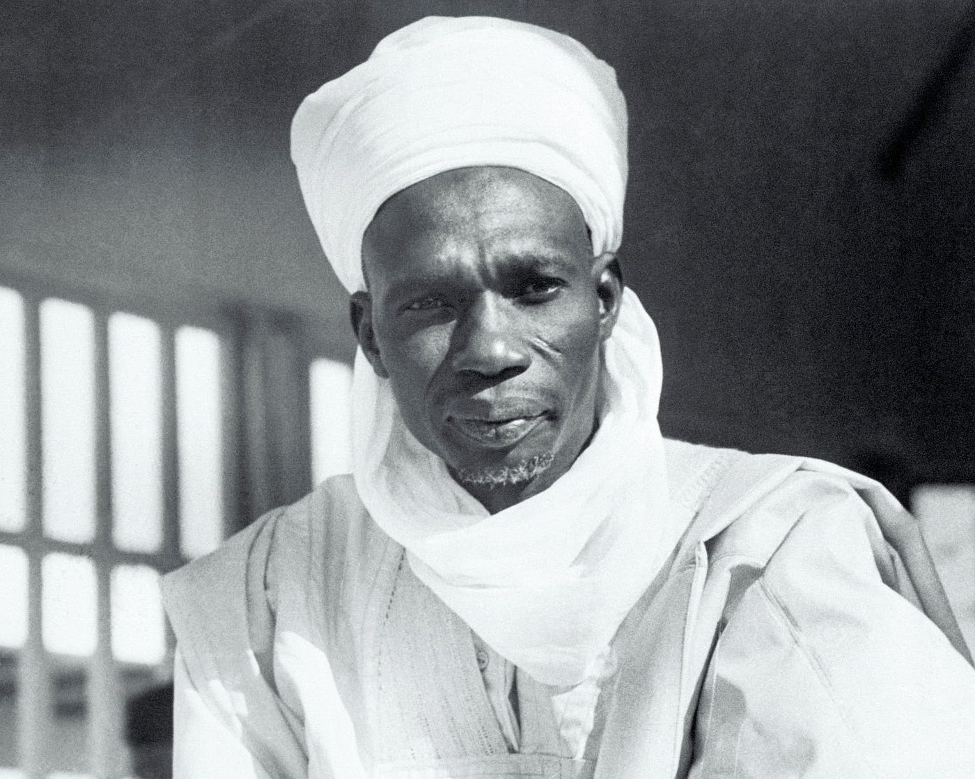
IGP Solomon Arase: Integrity Over Expediency
Legendacts
In a system where shortcuts often seem like the only path to success, Solomon Ehigiator Arase stood apart. His career in the Nigerian Police Force (NPF) was not defined by the usual tales of graft and impunity but by something far rarer—unwavering professionalism.
When many of his peers saw the police force as a means to personal enrichment, Arase saw it as a calling. And in that calling, he found something more valuable than fleeting gains: lasting legacy.
A Career Built on Intelligence, Not Intimidation
Arase joined the NPF in 1981, but he was never just another officer in uniform. With degrees in Law, Public Administration, and Political Science, he approached policing with the mind of a strategist rather than a brute enforcer.
His rise through the ranks was marked by a reputation for intelligence-led policing—a concept still foreign to many in Nigeria’s security architecture. As head of the Criminal Intelligence and Investigations Bureau (CIIB), he demonstrated that solving crimes required more than just force; it demanded analysis, foresight, and precision.
The Reformer at the Helm
Appointed Inspector General of Police (IGP) in 2015, Arase took charge at a time when public trust in the police had eroded. Rather than maintain the status quo, he initiated bold reforms:
- Banning Roadblocks (April 2015) – Police checkpoints had become tollgates for extortion. Arase ordered their removal, shifting focus to intelligence-driven operations rather than harassing motorists for bribes.
- Officer Welfare Reforms – He pushed for better housing, insurance, and salaries, understanding that a demoralized force could never be efficient.
- Community Policing – He rebuilt bridges between the police and the public, knowing that crime prevention works best when citizens and law enforcement collaborate.
- Anti-Corruption Measures – He cracked down on bribery and human rights abuses, setting up internal mechanisms to hold rogue officers accountable.
- Modernising Investigations – He established forensic and cybercrime units, recognising that Nigeria’s security challenges required more than just boots on the ground.
The Ultimate Gain: Legacy Over Lucre
In a nation where many public servants treat their positions as opportunities for self-enrichment, Arase’s choices were striking. He refused to monetise his office, knowing that true influence comes not from illicit wealth but from respect, credibility, and lasting impact.
His reward? A crime-fighting system that became slightly fairer; a police force that regained a measure of dignity; and a reputation that outlasted his tenure.
Post-Retirement: Still Serving, Still Reforming
Even after retirement in 2016, Arase didn’t retreat into silence. As Chairman of the Police Service Commission (PSC), he continues to shape the NPF—overseeing recruitment, promotions, and discipline to ensure professionalism endures.
His advocacy for police accountability and human rights remains unwavering, proving that his principles were never just for show.
Awards & Honors
- Commander of the Order of the Federal Republic (CFR) (2016)
- Nigeria Police Medal of Honor
- Security and Law Enforcement Leadership Award (2016)
- Multiple honorary doctorate degrees
Yet, beyond plaques and titles, his true legacy is the blueprint he left—a proof that integrity in public service is possible, even when the system seems rigged against it.
The Lesson of Solomon Arase
His career answers a critical question: What do you gain by choosing the right path over the easy one?
The answer? A good name. A clear and light conscience. A lasting legacy.
In the end, a good legacy is worth far more than material gains.



